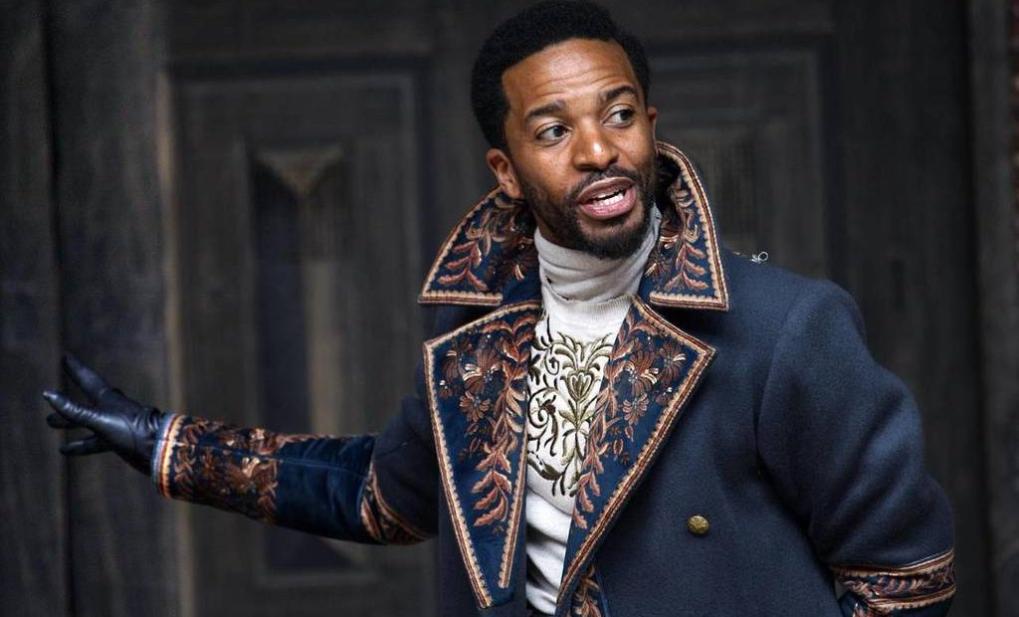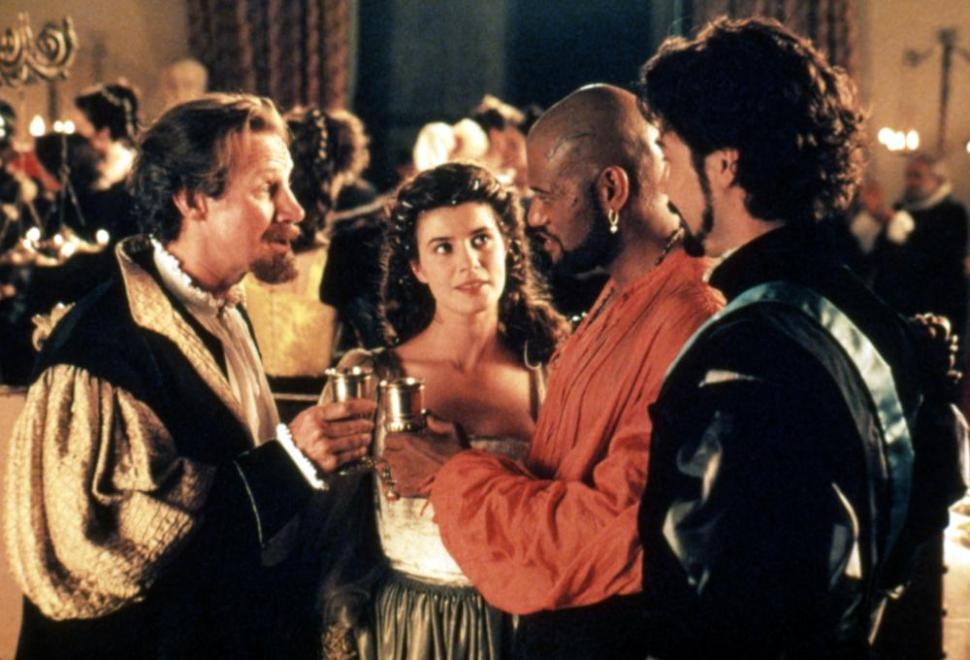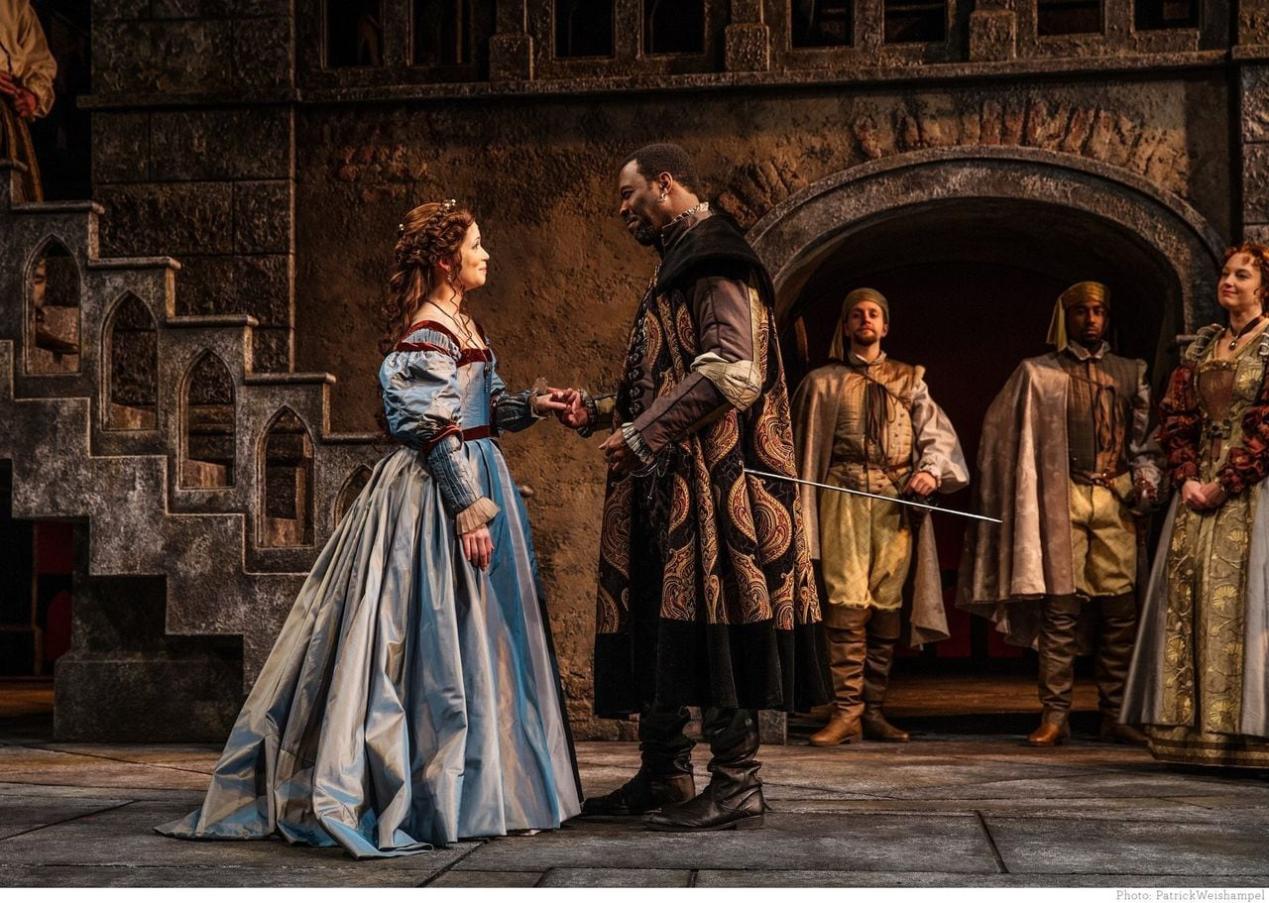Othello's Enduring Legacy: Adaptations Across Film and Stage
William Shakespeare's "Othello" stands as a timeless classic, captivating audiences for centuries with its exploration of love, jealousy, and the destructive power of prejudice. Its enduring popularity and significance in world literature have inspired numerous adaptations for film and stage, each offering unique interpretations of the play's themes and characters. This article delves into the rich history of "Othello" adaptations, examining how they have evolved over the years to reflect changing cultural and societal contexts.

Early Adaptations: Laying The Foundation
The earliest known adaptations of "Othello" date back to the 17th and 18th centuries, when the play was frequently performed on stage. Notable actors such as David Garrick and Edmund Kean brought the character of Othello to life, shaping the theatrical conventions and interpretations of the play during this period. These early adaptations often emphasized the grandeur and spectacle of the play, with elaborate sets and costumes.
19th-Century Adaptations: Romanticism And Victorian Sensibilities
The 19th century witnessed significant changes in the staging and interpretation of "Othello." Romanticism and Victorian sensibilities influenced these adaptations, leading to more elaborate sets, costumes, and special effects. Adaptations during this period often focused on the emotional intensity and psychological depth of the characters, particularly Othello's descent into jealousy and madness.
20th-Century Film Adaptations: Visualizing Shakespeare's Masterpiece

The advent of cinema in the 20th century opened up new possibilities for adapting "Othello" to the screen. Major film adaptations, such as Laurence Olivier's 1965 version and Oliver Parker's 1995 interpretation, brought the play's dramatic intensity and visual spectacle to life. These adaptations showcased the talents of renowned actors like Laurence Fishburne and Kenneth Branagh, who delivered memorable performances as Othello.
Contemporary Adaptations: Reflecting Modern Social And Cultural Issues
In the 21st century, stage and film adaptations of "Othello" continue to explore the play's timeless themes through a contemporary lens. These adaptations often reflect modern social and cultural issues, such as race, gender, and power dynamics. Innovative approaches to staging, casting, and storytelling have breathed new life into the play, making it relevant to modern audiences.
Notable Actors And Interpretations: Shaping Othello's Legacy

Throughout the history of "Othello" adaptations, notable actors have left an indelible mark on the character's portrayal. From Paul Robeson's groundbreaking performance in the 1943 film to David Oyelowo's powerful interpretation in the 2016 stage production, these actors have brought their unique talents and perspectives to the role, shaping public perception of Othello and contributing to the play's enduring legacy.
Cultural And Historical Context: Shaping Adaptations Over Time
The cultural and historical context in which "Othello" adaptations are produced plays a significant role in shaping their interpretations. Societal attitudes towards race, gender, and power dynamics have influenced how adaptations have approached these themes over time. Adaptations have both reflected and challenged prevailing social norms, offering insights into the evolving cultural landscape.
Conclusion: A Timeless Classic Reimagined
"Othello" adaptations across film and stage have showcased the enduring relevance and adaptability of Shakespeare's masterpiece. These adaptations have captured the play's timeless themes and characters, reimagining them through the lens of different eras and cultural contexts. From early stage productions to contemporary film interpretations, "Othello" continues to captivate audiences with its exploration of love, jealousy, and the human condition. The play's enduring legacy lies in its ability to resonate with audiences across time, inspiring new interpretations and sparking meaningful conversations about the complexities of human nature.
YesNo

Leave a Reply